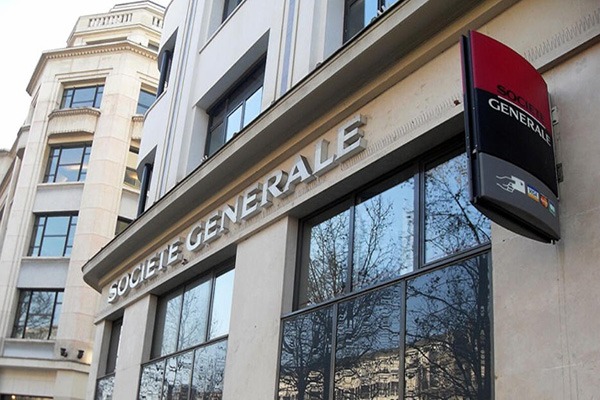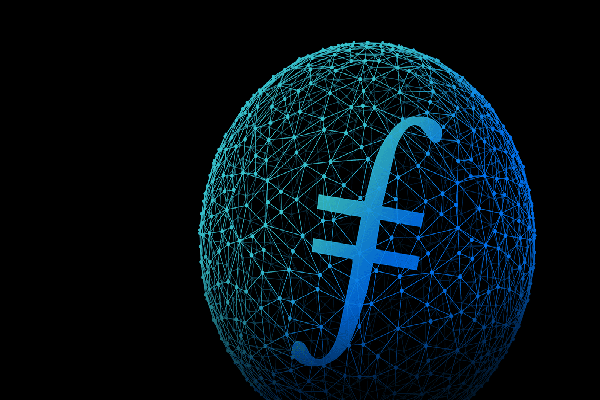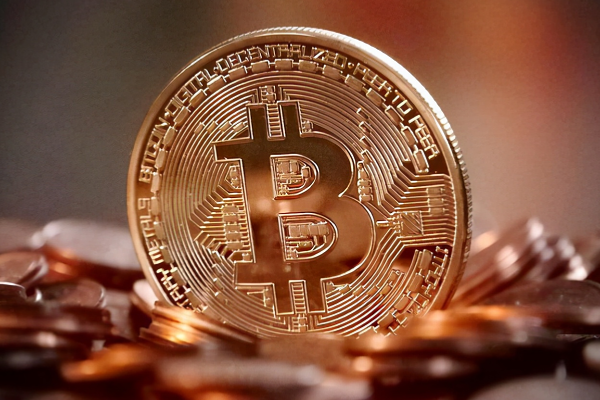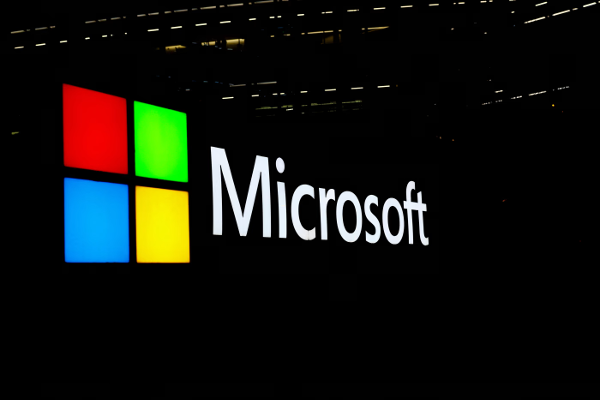Hong Kong Secretary for Financial Services and the Treasury Christopher Hui: International shipping charter fees will be "tokenized," and stablecoin licenses will be issued next year.
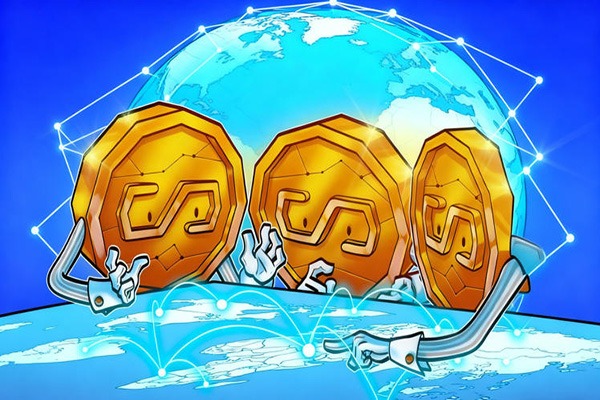
Against the backdrop of Hong Kong's active embrace of digital assets and its commitment to becoming a global Web3 hub, its practices in RWA (Real-World Asset) tokenization and stablecoin regulation have once again attracted global attention. On November 18, 2025, Christopher Hui, Secretary for Financial Services and the Treasury of the Hong Kong Special Administrative Region, revealed Hong Kong's latest progress and core principles in the digital asset field in an interview with 21st Century Business Herald. He stated that Hong Kong is exploring the "tokenization" of stable cash flows such as international shipping charter fees, and clarified that the goal for stablecoin license applications is to begin issuing them next year. However, he emphasized that stablecoins are not tools for speculation, but rather intended to address the pain points of the real economy. This series of statements indicates that Hong Kong is accelerating the shift of Web3 from virtual to real, using the strictest regulation to gain the highest trust, and creating the most compliant digital asset ecosystem globally.
I. New Breakthrough in RWA Tokenization: International Shipping Charter Fees on the Blockchain, Serving the Real Economy
Secretary Hui revealed that Hong Kong is actively exploring the "tokenization" of real assets that generate stable cash flows, such as international shipping charter fees, and directly placing them on the blockchain for investors to subscribe to.
New Investment Products: This model not only creates new investment products, allowing more investors to participate in large-scale assets that were previously only accessible to institutional investors.
Asset Traceability: It also utilizes blockchain technology to achieve full traceability of asset origin and profit distribution, enhancing transparency.
"Shifting from Virtual to Real Economy": Christopher Hui emphasized that Hong Kong will not limit tokenization to "virtual currency speculation," but will use it in real economic scenarios such as shipping leasing and corporate fund management. He reiterated that the core principle of Hong Kong's development of digital assets is "shifting from virtual to real economy" and serving the real economy.
II. Stablecoin Regulation: Licensing Next Year, Extremely Cautious
Regarding stablecoins, Christopher Hui confirmed that the Stablecoin Ordinance has been formally passed, and license applications are currently being processed intensively, with the goal of officially issuing licenses in 2026.
Not a Speculative Tool: He reiterated, "Stablecoins are absolutely not tools for speculation, but rather designed to address the pain points of the real economy, especially cross-border payments."
Limited Number of Licenses Issued, Prudent Regulation: Therefore, the initial number of licenses issued in Hong Kong will be "very limited." Regulatory authorities will adopt an extremely cautious approach, ensuring that only fully compliant institutions with 100% reserves and funds held in custody by local banks will be granted licenses.
Xu Zhengyu's statement indicates that Hong Kong is attempting to gain "the highest level of trust" through "the strictest regulation," aiming to create the world's most compliant ecosystem for tokenized real assets and stablecoins, with the goal of becoming a "digital asset safe deposit box" for international funds.
III. Core Principles for Hong Kong's Development of Digital Assets: Serving the Real Economy, Not Speculation
In a recent interview with the mainland's *21st Century Business Herald*, Secretary for Digital Assets Xu Zhengyu reiterated the core principle of Hong Kong's development of digital assets—"moving from virtual to real" and serving the real economy—rather than becoming a speculative arena.
IV. Hong Kong's Digital Finance Development: Continuous Efforts, Significant Progress
In his personal essay, "Financial Innovation and Technology Mutually Promote Each Other," Hong Kong Financial Secretary Paul Chan Mo-po pointed out that thanks to the joint efforts of the government and various sectors over the past years, Hong Kong's innovation and technology ecosystem has seen significant development.
**Startup Growth:** Over the past five years, the number of startups in Hong Kong has increased by 40% to approximately 4,700.
**Major Summits:** Over the past week, Hong Kong hosted a series of major summits, events, and innovation and technology competitions, bringing together leaders and friends from the international finance, investment, and innovation and technology sectors, as well as representatives from multinational corporations.
**HKMA's "Fintech 2030" Strategy:** During Fintech Week, the HKMA announced its "Fintech 2030" strategy, focusing on four key areas: data and payment infrastructure, artificial intelligence, technological resilience, and financial tokenization. It proposes over 40 specific measures with the goal of developing Hong Kong into a robust, resilient, and forward-looking international fintech hub.
**Hong Kong Financial Secretary Christopher Hui's latest statement clearly outlines Hong Kong's strategic path in the Web3 finance sector.** By exploring the tokenization of international shipping charter rates, clarifying the role of stablecoins in serving the real economy, and exercising extreme caution in regulation, Hong Kong is accelerating the shift of Web3 from virtual to real, striving to build a safe, transparent, and efficient digital asset ecosystem. The upcoming issuance of stablecoin licenses will inject new vitality into Hong Kong's digital asset market, consolidating its position as an international financial center and digital asset hub.

